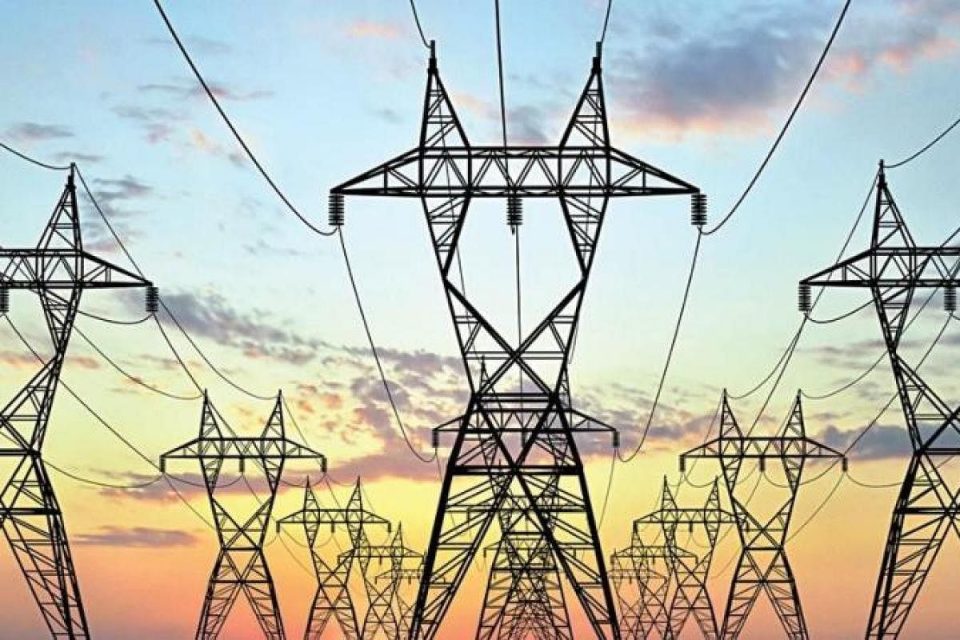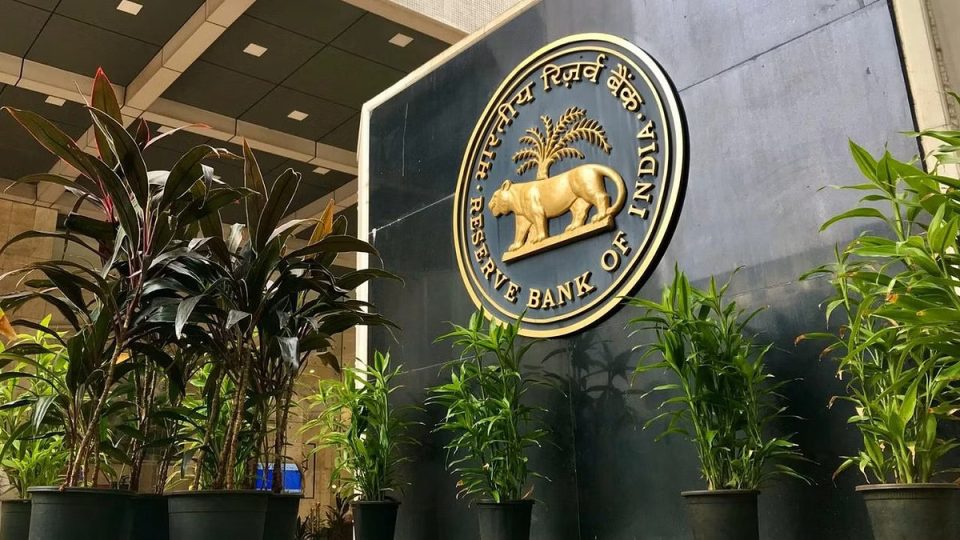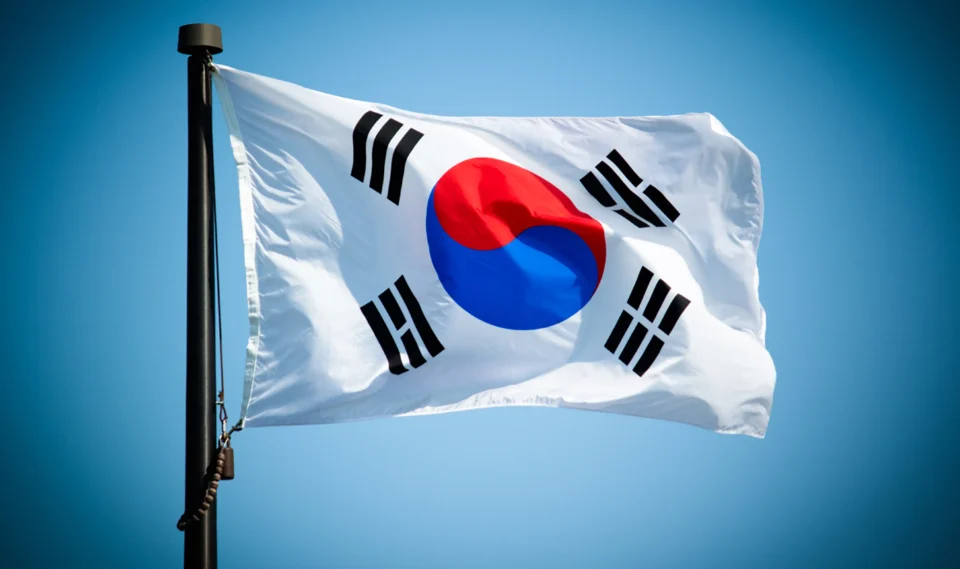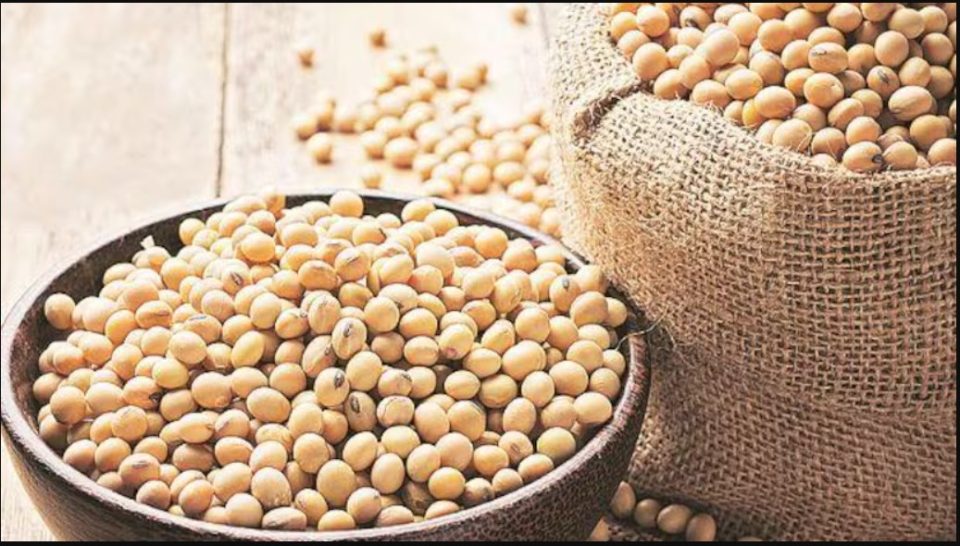Pine Labs raised $285 million in new funding from public market crossover investors, together with Marshall Wace, Baron Capital Group, Duro Capital, Moore Strategic Ventures, and Ward Ferry Management. Its existing investors Temasek, Lone Pine Capital, and Sunley House Capital have also taken part in this funding round. Pine Labs valuation is pegged at over $3 billion, however, the company did not disclose details. Pine Labs said this is the ‘first close’ of its ongoing funding round. The current round of financing also includes important secondary transactions from the company’s founder, employees, and early shareholders, Pine Labs said.
“This is a thrilling phase in our journey as we enter newer markets. We excel in enterprise merchant payments and now want to scale new frontiers in the online space as well, at the same time continue to power the credit and commerce needs of our offline merchant partners,” said Amrish Rau, Chief Executive Officer at Pine Labs.
“We are very excited to be a part of the technological transformation that Pine Labs is driving on the ground in payments and the multiple interactions and efficiencies it is able to create by providing faster, cost-effective consumer access to a broader range of financial products such as buy-now-pay-later, where it is driving a pioneering effort on behalf of the financial system. We are also excited about an Indian business being able to drive regional and potentially global adoption of its intellectual property and this represents significant optionality for the future,” said Amit Rajpal, CEO & portfolio manager at Marshall Wace Asia.












